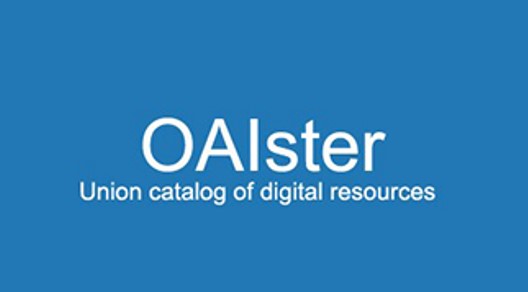Evolution of Organizations and Management: Retrospective and Prospective
DOI:
https://doi.org/10.52502/ijfaema.v2i1.32Keywords:
Solidarity finance, service relationship, proximity, local developmentAbstract
During the long period of Antiquity, agriculture remained predominant: if industry exists, it is limited to three main products: tools, clothing and pottery. There is no motive force except that of man, employed in abundance and at low cost. Mines and large construction sites are the responsibility of state enterprises. In Egypt, the influence of the Nile floods very early on favored the emergence of careful organization and regulations allowing the management of cultivable land and the allocation of the necessary water. One of the fundamental features of this civilization was state absolutism: the pharaoh (and his administration) was the foundation of the system, with legitimacy that was at once religious, political and economic. The administration managed the territory and the governors of the nomes (the districts), both judicial and administrative officials, defended the interests of the central power. Since the earliest times, the administration has always been highly centralized and hierarchical.
Downloads
Published
How to Cite
Issue
Section
License
Copyright (c) 2021 International Journal of Financial Accountability, Economics, Management, and Auditing (IJFAEMA)

This work is licensed under a Creative Commons Attribution-NonCommercial-NoDerivatives 4.0 International License.





























